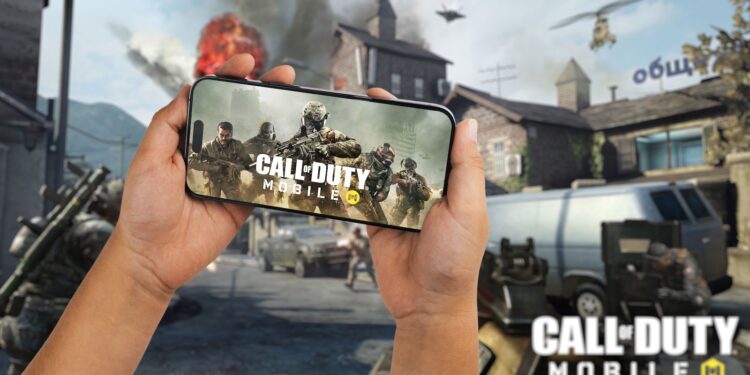Apple is once again under fire. This time, it's not just about Fortnite or Epic Games, but also about Microsoft. More specifically, about the planned Xbox Mobile Store. Microsoft wants to launch its own games store for iPhones and iPads, but isn't making any progress – and is blaming Apple for it. The situation is complex, but crucial for the app market.
Apple controls which apps are available on iOS devices. The company operates the only official app store for iPhone and iPad. Other providers struggle to offer their own stores or alternative payment systems. Microsoft has been planning its own mobile game store for some time – but Apple is resisting. The dispute has now reached a new level because Microsoft is officially taking legal action against Apple and allying itself with Epic Games.
Microsoft's original plan
Last year, Microsoft announced it would launch its own app store for mobile games – specifically for iOS. The Xbox Mobile Store was scheduled to launch in July. The plan was for a web store, i.e. a store accessible via the browser rather than as an app. This web store would offer games like Candy Crush, which Microsoft added to its portfolio through its acquisition of Activision. Third-party titles would follow later. The goal was to create an alternative to the Apple App Store – with more freedom for developers and different purchasing options for users. To date, however, this store has not launched. Microsoft has now publicly explained why (via The Verge ).
Apple as an obstacle
According to a court filing in support of Epic Games, Apple is blocking the launch of the Xbox Mobile Store. Although Microsoft would be willing to put the store online, Apple's existing policies and ongoing legal action are making implementation impossible. Apple had only partially amended its App Store rules in the wake of the ongoing dispute with Epic Games. Microsoft claims it was unable to implement linked payment options or even inform users of alternative payment methods. This is due to Apple's so-called anti-steering rules. These restrict the sharing of information about purchase channels other than Apple's own store to users. This would also result in greater financial burdens for Microsoft than before. Before the recent court ruling, such information was generally prohibited. Even after the ruling, the situation remains difficult, as Apple continues to try to delay implementation.
The current status with Epic Games
The dispute between Apple and Epic Games has been going on for years. Epic sued Apple after Fortnite was kicked out of the App Store. The reason for this was that Epic had introduced its own payment system in its app - outside of Apple's system. This violated Apple's guidelines. A court has now ruled that Apple must reinstate Fortnite in the US App Store. Apple initially refused and was then pressured by the judge presiding over the case to explain the legal basis for not immediately implementing the ruling. Apple then reinstated Fortnite. Nevertheless, the process continues. Apple has appealed the ruling and also filed a motion to stay away from implementing the ruling until the appeal is decided. If this motion is successful, measures such as opening up alternative payment information or stores could be put on hold again.
Impact on Microsoft's plans
Microsoft argues that the Xbox Mobile Store is technically ready but cannot launch under the current conditions. If Apple actually receives a preliminary injunction allowing it to postpone the court ruling, Microsoft would be forced to withdraw its store shortly after its launch. This would cost time, money, and personnel—without any long-term benefit. Therefore, Microsoft is now asking the court to compel Apple to fully comply with the ruling, with no possibility of delay during the appeals process.
iOS remains closed – Microsoft Store still blocked
Apple is currently blocking the launch of Microsoft's Xbox Mobile Store. Although a court ruling requires Apple to change its rules, the company is trying to delay implementation. Microsoft wants to prevent wasting time and resources only to later have to take the store offline. The case demonstrates that opening iOS to other providers is far from legally resolved – and directly affects you if you use an iPhone or iPad. (Image: Shutterstock / Diego Thomazini)
- Apple commissions in focus: Report suggests change of course
- How stolen iPhones are smuggled to China worldwide





